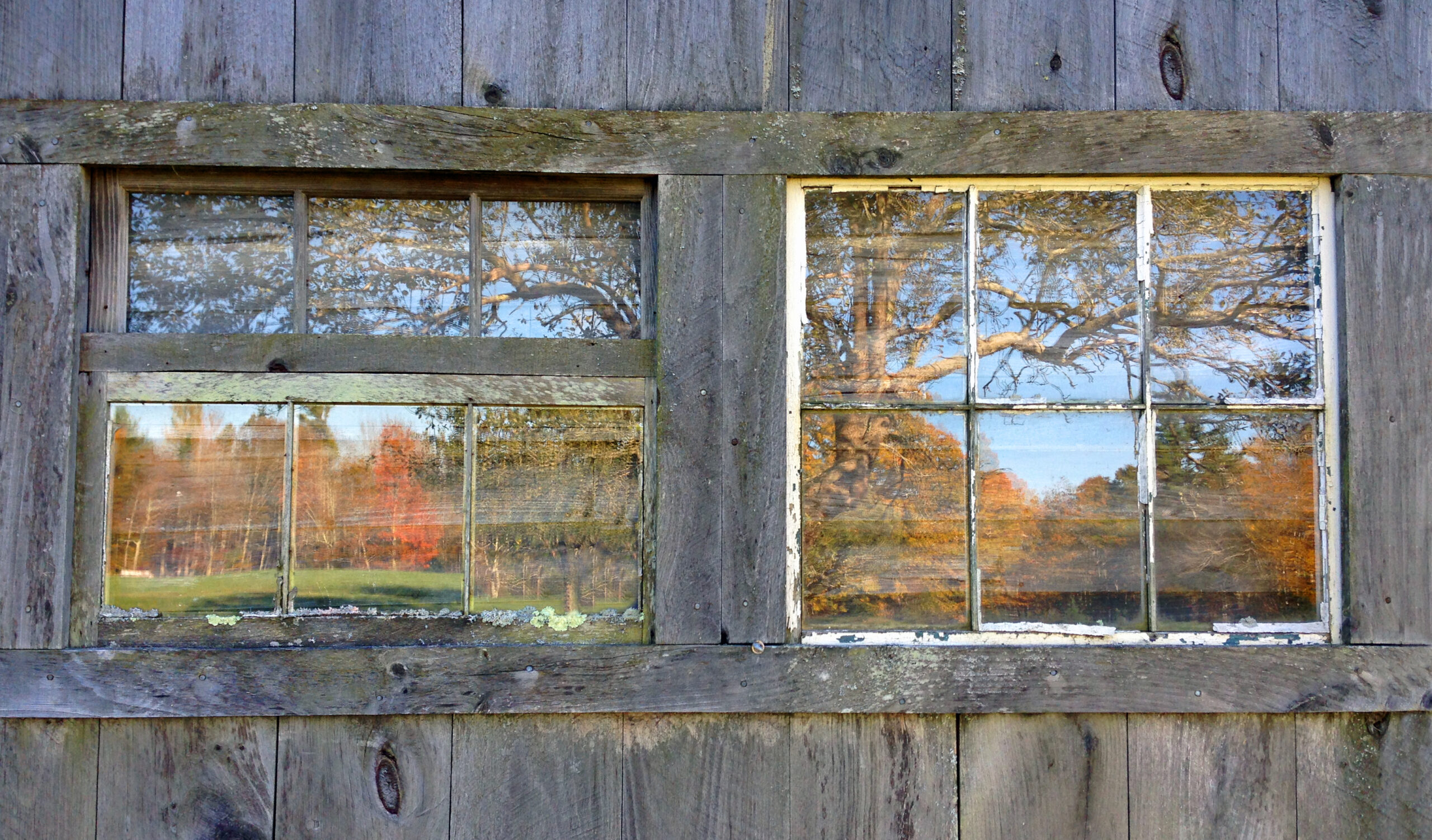
In this state of vulnerability, we place “character armor” around us to protect ourselves from the VUCA-Plus challenges, thus leaving us rigid in our actions and defensive in our relationships with other people. The stress associated with COVID-19 has made us even more protective and often constrained in our thoughts and actions. As I will point out, this proclivity toward self-protection might be particularly prevalent in the highly individualistic American culture.
U = Unconscious: Faced with COVID-19 challenges to our health and mental health, we are driven deeper into our own psyche. Unconscious processes are likely to become more prevalent at both the personal and collective levels. We “regress” to more primitive and irrational levels of functioning (individually and as a group). Under these conditions we rely on reactive (often biased) fast thinking rather than reflective (assumption testing) slow thinking. We will see that this regressive pull is great throughout the world and certainly is to be found in the rising authoritarianism to be found in the United States (as well as many other countries). The virus might be drawing Americans together, but not necessarily in a positive way.
C = Confusion: We journey through our VUCA-Plus world in a cognitive and emotional “fog”. We are confused about our own personal identity—exacerbating what Kenneth Gergen (2000) described many years ago as our “saturated self.” This sense of personal confusion does not seem to be confined to the American culture. Varda Silberberg (2020, p. 10) writes of a similar phenomenon in Israel—particularly regarding the professional identity of those operating in various fields of psychology: “participants were posing significant questions about key aspects of their own identity and the identities of other groups. Including clients.”
The virus has left us confused at yet another level. We don’t know what is real and what either we are seeing and hearing or what other people are telling us about reality. Once again, Varda Silberberg (2020, p. 10) finds something comparable in Israel, noting “dramatic change in all facets of reality, and the experience of uncertainty and loos of control, undermine beliefs in conventional truths about the personal and professional self and about significant relationships.” We live within the multi-tiered, multi-distorting Platonic Cave of 21st Century life (Bergquist, 2021a).
As I will note, this challenge to our sense of truth and reality might be particularly severe in the isolating character of American society. This character has led Americans to create silos in which we remain unknowledgeable about, indifferent to, or violently resistant of “other” people and alternative versions of the COVID-19 reality. The confusion might lead to isolation in societies other than just the United States, but I believe it is particularly prevalent in this American society.
There is another outcome associated with the confusion that might be found in societies other than just the United States. This escape into personal silos might help to create what Varda Silberberg (2020, p. 12) has identified as conditions of loneliness. In both Israel and the United States, we might be willing to trade off healing connections with other people so that we can reside in the safety of our own perspectives and practices.









